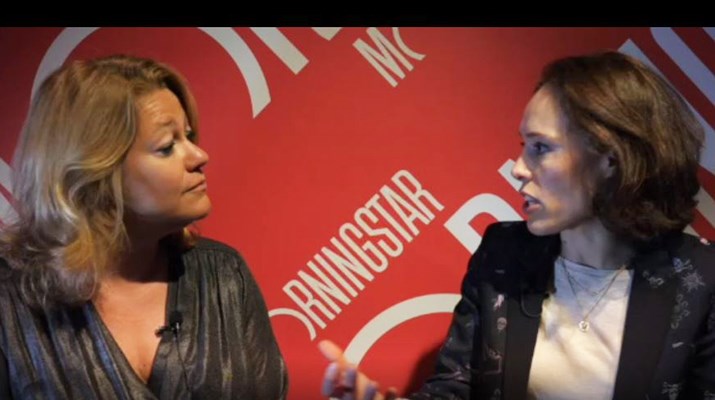Hortense Bioy, Morningstar’s European Head of Sustainable Research, caught up with Thierry Bogaty, Head of ESG Development and Advocacy at Amundi, at the recent Morningstar Investment Conference in Milan to discuss what ESG integration means.
Hortense Bioy: Investors are being told that ESG – environmental, social and governance investing – is going mainstream. What does that really mean?
Thierry Bogaty: It means that once you're convinced that an investment strategy is better off with ESG inside - taking into account environmental, social, governance issues – you embed it and it becomes the standard. From there, you can then develop specific initiatives if you want to have specific impact or thematic funds, but it is really about making it the norm to embed ESG within all asset classes.
Bioy: Amundi is intending to maintain an ESG score higher than the benchmark across all of its actively managed funds by 2021. Can you tell us a bit more about that?
Bogaty: Since inception, Amundi has set out to be a responsible asset manager, meaning we take into account issues that matter to civil society. It started by developing our own ESG methodology, producing our own ratings, and using these ratings across more and more assets every year. We now have €300 billion of assets under responsible management. So we felt the time had come for us to take the big step forward, which is becoming mainstream and it is important when you claim to become mainstream to explain how you will use the ESG ratings. We have said that whenever technically possible, all portfolios at Amundi will have to have an ESG score better than the benchmark.
Bioy: Is it a challenge to implement that across all asset classes?
Bogaty: There are challenges; let's mention small and mid-caps, emerging markets, for example, where we will have to extend the coverage and find quality data – that's a challenge, even if we have already developed expertise for loans, private equity, real estate, not to mention fixed income and green bonds.
Bioy: Could the fact that portfolio managers will have to take into consideration more factors and work under more constraints potentially impact performance?
Bogaty: I hope it will impact it in a positive way. We are convinced that when you add ESG information to your investment analysis, you have a better knowledge of the issuers you want to invest in. And if you have a better knowledge, it should enhance not destroy performance.
Bioy: Thank you very much, Thierry.
Bogaty: Thank you.











:quality(80)/cloudfront-us-east-1.images.arcpublishing.com/morningstar/6BCTH5O2DVGYHBA4UDPCFNXA7M.png)

















